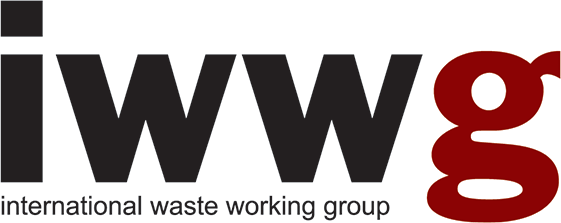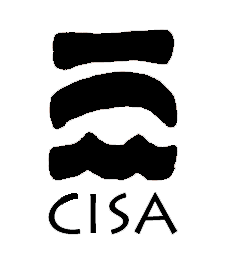INFO FROM THE GLOBAL WORLD
Informal recycling in Vancouver: binners’ challenges and opportunities
- Available online in Detritus - Volume 13 - December 2020
- Pages I-IV
Released under CC BY-NC-ND
Copyright: © 2020 CISA Publisher
The Covid-19 pandemic, has emphasised the need to consider the interconnectedness of our planet, and the importance of highlighting new, and previously underrepresented perspectives on global waste management issues. The new corner, “Info from the global world” wants to collect thoughts and impressions from different parts of the world, with the aim of contributing to a more innovative and inclusive waste management studies discourse. The column will promote cultural intersections on issues affecting circular waste management, environmental protection and human health. We will highlight contributions from diverse expert authors who discuss, among a number of topics, how gender inequality and environmental racism can be combated through truly sustainable waste management and how the circular economy and Sustainable Developing Goals can contribute to combating poverty and mitigating waste inequalities. The second issue of the Column features the work of Dare Sholanke and Jutta Guterblet of the University of Victoria, Canada. Their discussion centres the lives and livelihoods of informal recyclers in Western Canada- a topic which has traditionally been contextualised within Global South settings. Sholanke and Guterblet’s reflection is both empirically interesting, as they provide a vivid snapshot of the quotidian vulnerabilities of this group, but also conceptually valuable, as the theoretical framework they utilise could be readily adapted for scholarly use within other contexts. Their conclusions challenge the inclusivity of local waste management systems for informal recyclers, and the further recommendations that continue to come out of this project should be of great international interest.
Maria Cristina Lavagnolo
References
Arruda, M. (2008). Exchanging visions on a responsible, plural and solidarity-based economy. Third World Planning Review, 19(2), 139-161
Campos, M. J. Z., & Zapata, P. (2014). The travel of global ideas of waste management. The case of Managua and its informal settlements. Habitat International, 41, 41-49
City of Vancouver (2018). Solid Waste By-Law No. 8417. Retrieved from https://bylaws.vancouver.ca/8417c.PDF
Gutberlet, J. (2008). Empowering collective recycling initiatives: Video documentation and action research with a recycling co-op in Brazil. Resources, Conservation and Recycling, 52(4), 659-670
Lefebvre, H. (1996). The right to the city. Writings on cities, 63181
Mitchell, D., & Heynen, N. (2009). The geography of survival and the right to the city: Speculations on surveillance, legal innovation, and the criminalization of intervention. Urban Geography, 30(6), 611-632
Moore, S. A. (2012). Garbage matters: Concepts in new geographies of waste. Progress in Human Geography, 36(6), 780-799
The Binners’ Project (2020) Annual Report 2019-2020. Retrieved from: https://www.binnersproject.org/uploads/3/8/7/1/38714015/bp_annualreport2019_web.pdf
The Homelessness Services Association of BC, Urban Matters, and BC Non-Profit Housing Association (2018). 2018 Report on Homeless Counts in B.C. Prepared for BC Housing. Burnaby, BC: Metro Vancouver
Tremblay, C. (2007). Binning in Vancouver: a socio-economic study on Binners and their traplines in Downtown Eastside. Thesis (MA). Canada: University of Victoria
Uddin, S. M. N., & Gutberlet, J. (2018). Livelihoods and health status of informal recyclers in Mongolia. Resources, Conservation and Recycling, 134.
DOI 10.1016/j.resconrec.2018.02.00



